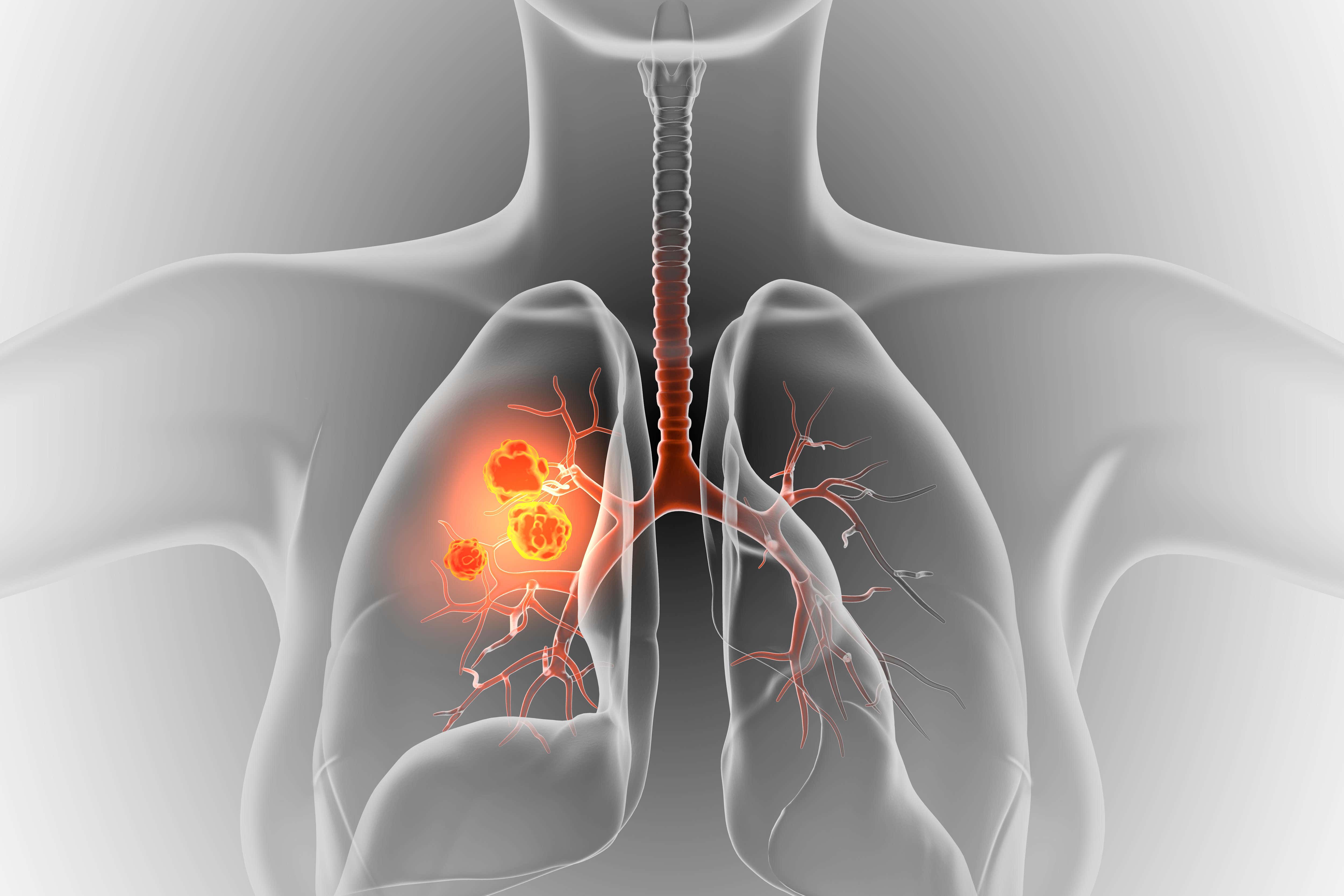Lung Cancer Awareness Month: Can I get lung cancer if I’ve never smoked?
Lung cancer experts tell Lisa Salmon that although smoking causes most cases, nearly a third are in non-smokers.

Your support helps us to tell the story
From reproductive rights to climate change to Big Tech, The Independent is on the ground when the story is developing. Whether it's investigating the financials of Elon Musk's pro-Trump PAC or producing our latest documentary, 'The A Word', which shines a light on the American women fighting for reproductive rights, we know how important it is to parse out the facts from the messaging.
At such a critical moment in US history, we need reporters on the ground. Your donation allows us to keep sending journalists to speak to both sides of the story.
The Independent is trusted by Americans across the entire political spectrum. And unlike many other quality news outlets, we choose not to lock Americans out of our reporting and analysis with paywalls. We believe quality journalism should be available to everyone, paid for by those who can afford it.
Your support makes all the difference.It’s a common misconception that someone who gets lung cancer must be a smoker or a former smoker.
Cancer Research UK (CRUK) says nearly three-quarters (72%) of lung cancer cases in the UK are caused by smoking, 71% by active smoking, and 1% by second-hand smoke, and the NHS says if you smoke more than 25 cigarettes a day, you are 25 times more likely to get lung cancer than a non-smoker. However, it still means 28% of cases are in people who don’t smoke.
To mark November’s Lung Cancer Awareness Month, Paula Chadwick, chief executive of the Roy Castle Lung Cancer Foundation (RCLCF), says: “Lung cancer is a hugely misunderstood disease. It’s still so intrinsically linked to smoking that many people remain under the misconception that only people who smoke, or used to smoke, can get lung cancer. However, around a third of all lung cancers are not caused by smoking.”
Indeed, Roy Castle, the popular TV entertainer who gave his name to the charity, died of lung cancer in 1994, yet he had never smoked.
“If you have lungs, you can get lung cancer,” stresses Chadwick, “so it’s imperative that anyone experiencing symptoms seeks help and pushes for thorough investigation regardless of their smoking history.”
And Dr Rachel Orritt, Cancer Research UK health information manager, adds: “Most cases of lung cancer in the UK are in people aged 50 and over and are caused by smoking, but the disease can affect anyone, including people who’ve never smoked.”
CRUK says other risk factors for lung cancer include exposure to second-hand tobacco smoke and substances such as asbestos, silica, and diesel exhaust, which people may come across at work, outdoor air pollution (which is thought to cause 8% of UK lung cancer cases), previous lung diseases such as COPD (chronic obstructive airways disease), exposure to naturally-occurring radon gas, or a family history of lung cancer.
Some of the symptoms are quite vague, so it can be tempting to put it down to another health condition or to just getting older
However, Orritt warns: “Lung cancer doesn’t always have a ‘preventable’ cause, and it’s not usually possible to know exactly what caused an individual’s cancer.”
So even if you’re not a smoker or never have been, if you develop symptoms such as feeling short of breath, a long-lasting or changed cough, a repeated or long-lasting chest infection, a hoarse voice, chest or shoulder pain, and/or coughing up blood, it’s important to get them checked by a doctor.
Other, more general, symptoms include appetite loss, feeling tired for no reason, losing weight without trying to, clubbing of the fingers (where the tips of your fingers swell around your nail), difficulty swallowing, or a swelling in your face or neck. Again, while it’s most likely they’re nothing sinister, they should be checked out.
The RCLCF points out that around a third of people with lung cancer are diagnosed at A&E, and by this point the cancer is usually advanced and the majority of them are facing an incurable diagnosis. But being aware of the symptoms earlier – and understanding that not being a smoker doesn’t mean you can’t get lung cancer – could mean an earlier diagnosis in more cases.
“Some of the symptoms are quite vague, so it can be tempting to put it down to another health condition or to just getting older,” says Orritt. “But it’s important to get your doctor’s advice about anything that’s not normal for you, or that hasn’t gone away.
“It probably won’t be cancer, but if it is, spotting it at an early stage means that treatment is more likely to be successful.”
The charities say that as well as standard treatments such as chemotherapy, radiotherapy and surgery, there are now newer treatments for lung cancer. This includes targeted therapy for the most common form of the disease, non-small cell lung cancer (NSCLC), and patients with specific gene mutations are given targeted drugs.
Another new treatment is immunotherapy, again for NSCLC, which works by helping the immune system recognise and destroy cancer cells. Immunotherapy may also be used for extensive stage small cell lung cancer (SCLC), which is the other type of lung cancer.